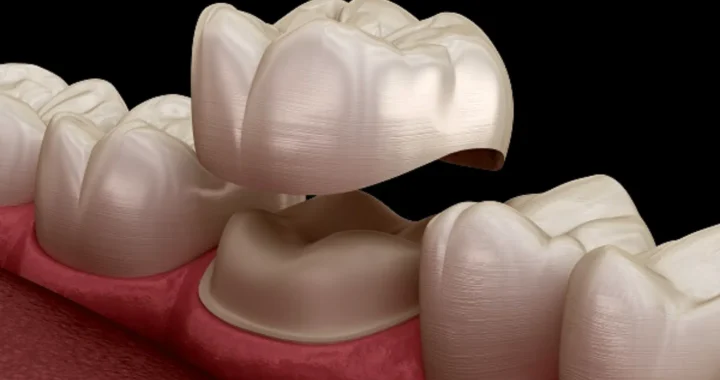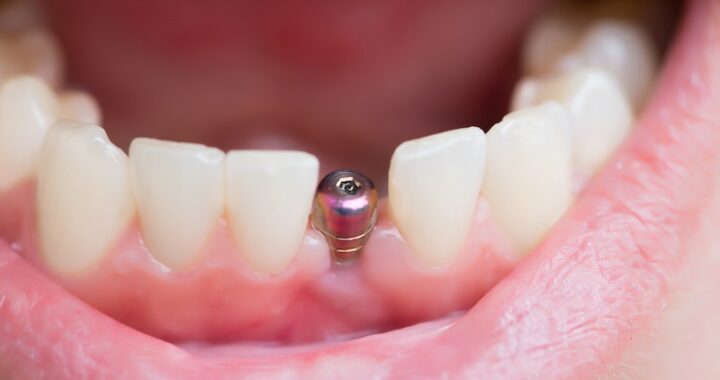WHAT HAPPENS DURING BREAST CANCER SURGERY?

Your breast cancer surgery is customized to your unique needs based on your consultations with your medical team. Your doctor may need to remove all, part, or both of your breasts. It might involve a sentinel lymph node biopsy (if you haven’t already had one) or the excision of some or all of your underarm (axillary) lymph nodes if cancer has already been detected there. Here is everything you need to know about breast biopsy.
Your surgeon might do your breast reconstruction during the same procedure if you’ve chosen it. But remember that your body may sustain further wounds as a result, for instance, if your surgeon needs to remove tissue from another area of your body to reconstruct your breast. Instead, you could hold off on breast reconstruction until after the cancer treatment.
Preparations
Regardless of the sort of breast cancer surgery you have, preparation is required. You’ll need to provide your medical history as one of the first items. Your doctor will let you know if you take any medications, including vitamins and supplements. They’ll also want to know if you’ve ever had any adverse reactions to drugs or surgery.
At this point, you should let your doctor know if you have any illnesses that could affect how your body reacts to surgery, such as heart disease, diabetes, or high blood pressure. If you need blood during surgery, your doctor could advise you to donate a pint or two of blood.
Your doctor might order testing as your procedure date approaches. A chest X-ray, an EKG, and blood and urine tests are a few examples of these. These tests inform your doctor whether or not your body is prepared for the procedure. They can also ask for a CT scan to determine the size and location of your tumor.
The surgery
The type of breast cancer surgery determines how long you will be in the hospital. How extensive your cancer is also plays a part. A simple lumpectomy may be completed in an hour, whether it includes a sentinel node biopsy or not. You may be able to return home on the same day.
On the other hand, a mastectomy that includes simultaneous flap reconstruction or axillary lymph node dissection may require up to three hours of operation. Afterward, you might need to spend one or more nights in the hospital. Depending on your overall health and the extent of surgery, you may undergo a mastectomy and leave the hospital the same day.
After the surgery
Your medical team will probably analyze lymph node biopsy results as you heal from surgery. They’ll want to confirm that all of your body’s cancerous cells have been eradicated. They’ll talk to you about their findings and your future steps. Your treatment plan may include further chemotherapy, radiation therapy, or surgery. You should be prepared to start or finish your breast reconstruction now that your cancer treatment is over.
Recovery
After the procedure, you could feel sore and have restricted movement in your arms and chest. Consequently, daily arm and shoulder exercises should be necessary to avoid stiffness. In roughly a month, many people can return to their regular activities.


 Dental Crowns –Restoring Strength, Function, And Aesthetics.
Dental Crowns –Restoring Strength, Function, And Aesthetics.  One-Person Wonder: Making Waves in the Massage Industry in Gunma
One-Person Wonder: Making Waves in the Massage Industry in Gunma  How Cataract Surgery in Nashville Improves Vision and Quality of Life
How Cataract Surgery in Nashville Improves Vision and Quality of Life  Maintaining Oral Health: The Role of Dentists in Richmond
Maintaining Oral Health: The Role of Dentists in Richmond  How to Choose the Best Implant Dentist in Sheffield: A Guide
How to Choose the Best Implant Dentist in Sheffield: A Guide  How Invisalign is Revolutionising Orthodontics in London
How Invisalign is Revolutionising Orthodontics in London  Veneers: A Popular Cosmetic Solution for a Beautiful Smile in London
Veneers: A Popular Cosmetic Solution for a Beautiful Smile in London